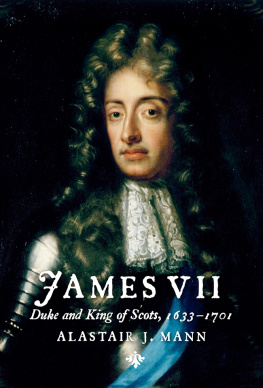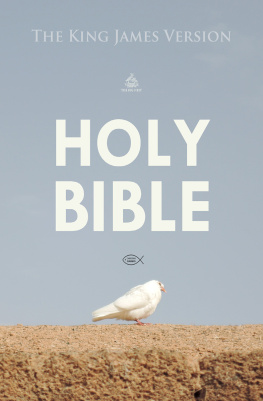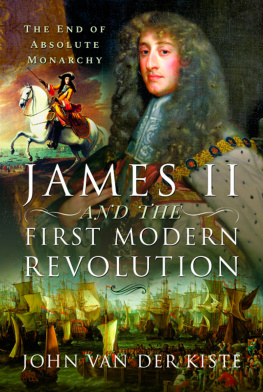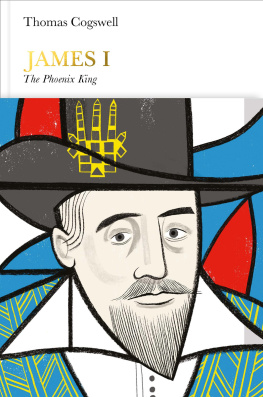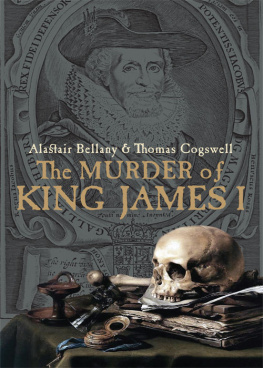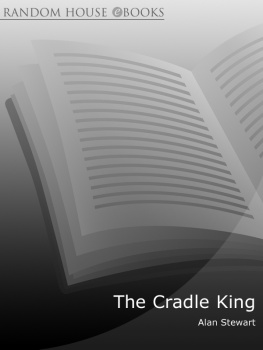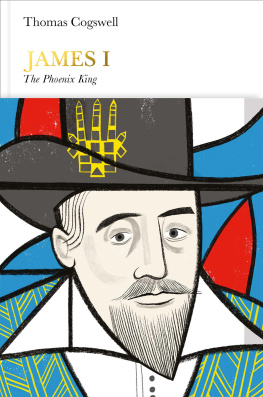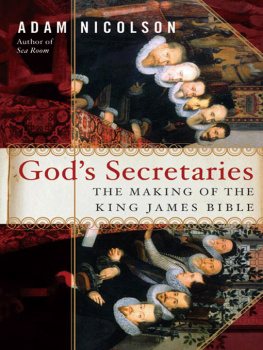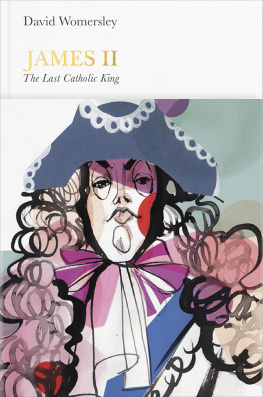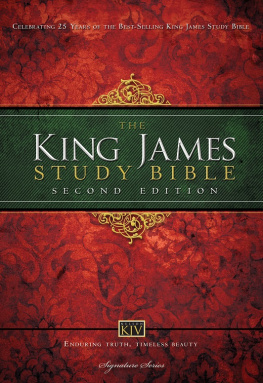
First published in 2004
The History Press
The Mill, Brimscombe Port
Stroud, Gloucestershire, GL5 2QG
www.thehistorypress.co.uk
This ebook edition first published in 2017
All rights reserved
John Callow, 2017
The right of John Callow to be identified as the Author of this work has been asserted in accordance with the Copyright, Designs and Patents Act 1988.
This ebook is copyright material and must not be copied, reproduced, transferred, distributed, leased, licensed or publicly performed or used in any way except as specifically permitted in writing by the publishers, as allowed under the terms and conditions under which it was purchased or as strictly permitted by applicable copyright law. Any unauthorised distribution or use of this text may be a direct infringement of the authors and publishers rights, and those responsible may be liable in law accordingly.
EPUB 978 0 7524 7988 0
Original typesetting by The History Press
eBook converted by Geethik Technologies
CONTENTS
ACKNOWLEDGEMENTS
Books do not happen by themselves. Indeed, they are every bit as much the product of the interest, advice and material assistance of others as they are the sum of the inspiration and hard work of their authors. Consequently, my heartfelt thanks are extended to Professor Eric Evans, my mentor at Lancaster University, whose keen interest, sharp intellect and unfailing good counsel has acted as a constant point of reference and as a beacon to guide all my researches. In similar fashion, my thanks go out to Professor Michael Mullett a fellow biographer of that most difficult and obstinate of kings whose warmth and generosity of spirit provided the basis for many wonderful conversations about the character and convictions of James II, and who shared my excitement in exploring the forgotten landscape of recusant and Jacobite Lancashire. To Professor Ronald Hutton of the University of Bristol the most original, exacting and inspirational of scholars of seventeenth-century politics and popular culture go my profound respects and deep gratitude for all of his interest, enthusiasm and help.
I would also like to thank Professor John Miller of Queen Marys College, University College London, who provided the initial encouragement over coffee at the Institute of Historical Research; and Professor Lionel Glassey of the University of Glasgow and Professor Richard Maber of the University of Durham, who in very different ways have proven that the Republic of Letters is far from being an unimportant or outdated concept.
I am grateful to Christopher Feeney and Jane Entrican, late of Sutton Publishing, who originally commissioned and helped to realise the first edition of this book; and to Mark Beynon, my editor at the History Press, who believed in The King in Exile and saw it through into a second, paperback, edition.
To Derek Stone, who drew the wonderful maps, at short notice but with great care, thought and diligence, I offer both my appreciation and thanks. Sean Brgin is not only a good friend who took me to visit Cavanacor House but one of the leading and most accurate historical artists of his generation. Few people have such a feel for and knowledge of early modern Irish costume, nor such a passion for recording all that was best about the achievements of King Jamess soldiers and the Wild Geese.
My research was made possible by the help of the staff of the following archives: the British Library, London; the Bodleian Library, Oxford; Trinity College, Dublin; the Royal Archives at Windsor Castle; and the National Archives at Kew. Particular thanks are due to Jan Graffius, the archivist of Stonyhurst College. Richard and Susan Gillow Reynolds, of Leighton Hall in Lancashire, were exceptionally generous and gracious hosts who took the time and trouble to show me the relic of King James that lies in their custodianship.
To Harvey Osborne and Debbie Hodson, who accompanied me on the long road from undergraduate to postgraduate studies: I consider myself extremely fortunate to have such splendid, faithful and thoroughly supportive friends. Last, but far from least, come Mum and Dad, who could not possibly have shown me any more love, nor done any more to sustain me: this is just as much their monument as my own.
John Callow
ON THE EVENING OF THE
327TH ANNIVERSARY OF THE BATTLE
OF DUNKELD, 21 AUGUST 2016
A NOTE ON DATING
Although many European nations had adopted the Gregorian Calendar over the course of the seventeenth century, the British and Irish remained stubbornly loyal to the Julian Calendar until 1752. The result was that their calendars lagged some ten days behind that which was generally used on the Continwent: and by 1700 this difference had further increased to eleven days.
To add to this confusion, however, the days of the week on either side of the Channel were reckoned to be exactly the same. Understandably, this presents some particular difficulties for the historian, especially as it renders certain key dates in the calendar Christmas, Easter and saints days of great significance for their celebration on one side of the Channel, but of absolutely no account on the other. In this manner it might be possible for a writer to describe Christmas Day 1688 as having actually been celebrated in the British Isles on 5 January 1689, if only the New Style European Calendar was employed throughout the text!
Consequently, the dating given relates to the setting of the events described with a single date given to denote action in the British Isles or Ireland, while both dates or a simple abbreviation denoting the New Style dating are provided for occurrences in Western Europe. As in modern usage, the new year is taken as beginning on 1 January and not 25 March.
ABBREVIATIONS
Ailesbury | T. Bruce, Earl of Ailesbury, Memoirs of Thomas, Earl of Ailesbury, 2 vols (Westminster, 1890) |
Berwick | J. Fitzjames, Duke of Berwick, Memoirs of the Marshal Duke of Berwick. Written by himself, ed. C.L. Montesquieu, 2 vols (London, 1779) |
Burnet | G. Burnet, History of His Own Time, ed. M.J. Routh, 2nd edition, 6 vols (Oxford, 1833) |
CSPD | Calendar of States Papers Domestic |
Dangeau | J. Davenport (ed. & trans.), Memoirs of the Court of France From the Diary of the Marquis de Dangeau, 2 vols (London, 1825) |
Devotions | G. Davies (ed.), Papers of Devotion of James II (Oxford, 1925) |
DNB | Dictionary of National Biography |
Evelyns Diary | W. Bray (ed.), Diary and Correspondence of John Evelyn, 4 vols (London, 18502) |
Hyde Correspondence | S. Weller Singer (ed.), The Correspondence of Henry Hyde, Earl of Clarendon and of his Brother Lawrence Hyde, Earl of Rochester, 2 vols (London, 1828) |
JSAHR | Journal of the Society for Army Historical Research |
Letters of Madame | G.S. Stevenson (ed. & trans.), The Letters of Madame. The Correspondence of Elizabeth-Charlotte of Bavaria, Princess Palatine, Duchess of Orlans, 2 vols (London, 1924) |
Life | J.S. Clarke (ed.), The Life of James the Second, King of England, Memoirs Collected out of Writ of his Own Hand, together with the Kings Advice to his Son, and His Majestys Will |
Next page


